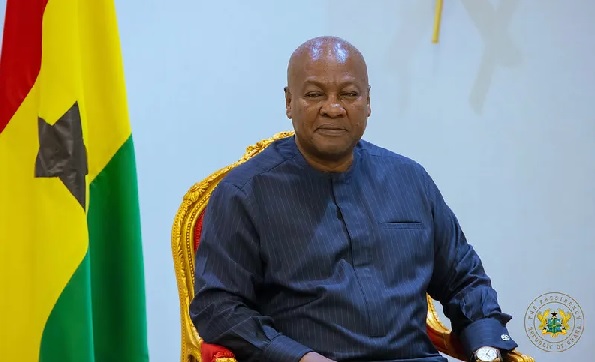Ghana’s new President, H E John Dramani Mahama has marked his first 100 days (on Wednesday, April 16, 2025) in office with a wave of commendable achievements.
The pace has been swift, the direction clear, and the results – at least so far – reassuring to many Ghanaians. But behind every successful leader is a team, and several ministers have emerged as key drivers of this early success.
From bold digital reforms to economic relief, environmental protection to legal accountability, these individuals have begun shaping a presidency that seems ready to deliver.
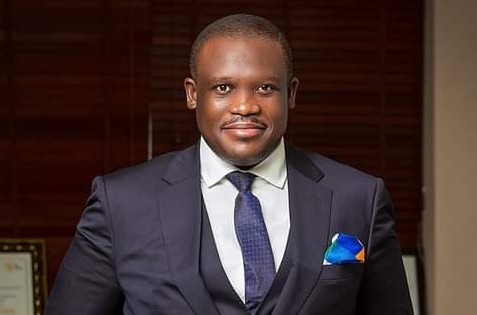
One name that stands tall in this early chapter is Samuel Nartey George, the Minister for Communication, Digital Technology, and Innovation.
He is, notably, the only minister to have held a comprehensive press briefing outlining his vision and roadmap. And true to his word, he has already launched the ambitious One Million Coders Program — an initiative designed to equip one million Ghanaian youth with relevant digital skills.
Recognizing the burden of high data costs on citizens, he has also inaugurated a committee to find sustainable solutions to reduce the cost of data in Ghana.
His in-depth understanding of the telecom space, digital ecosystem, and tech landscape has strongly vindicated the president’s choice.
As the administration hits this symbolic 100-day milestone, Samuel Nartey George stands out as a true pacesetter.
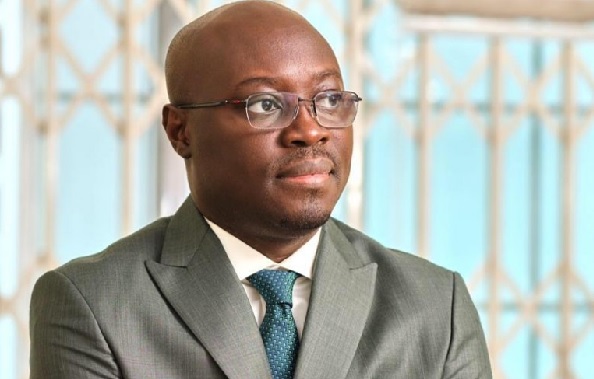
Equally impactful has been Dr Cassiel Ato Forson, the Minister for Finance. One might call him one of the president’s “mighty men” — and rightly so. He has introduced what is now dubbed the Relief Budget of the Fourth Republic, removing taxes that had become Equally impactful has been Dr. Cassiel Ato Forson, the Minister for Finance.
One might call him one of the president’s “mighty men” — and rightly so.
He has introduced what is now dubbed the Relief Budget of the Fourth Republic, removing taxes that had become thorns in the flesh of businesses and the general public, including the COVID-19 levy, betting tax, E-levy, and the emissions tax.
In addition to that, he’s ensured the payment of accumulated arrears owed to nursing trainees and secured a permanent funding for the Free SHS program — a cornerstone of educational equity in the country.
His international recognition was cemented when he was recently elected as Chairman of the Board of Governors of the ECOWAS Bank for Investment and Development.
Dr Forson has proven his mettle and continues to hold the fort with integrity and competence.
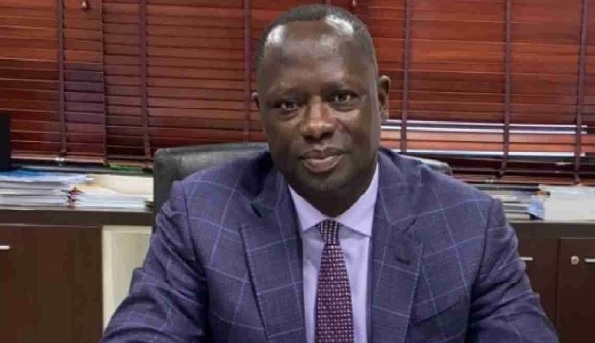
In the natural resources sector, Emmanuel Armah Kofi Buah, Minister for Lands and Natural Resources, has taken a firm stand against illegal mining, or galamsey.
His proactive interventions have led to the retrieval of some forest reserves, and he has unveiled the Blue Water Guards — a youth-led taskforce mobilized to defend Ghana’s water bodies.
While Ghanaians wish for faster results in curbing illegal mining, there is no doubt that Armah Kofi Buah is working with dedication and tact, and his impact is beginning to show.
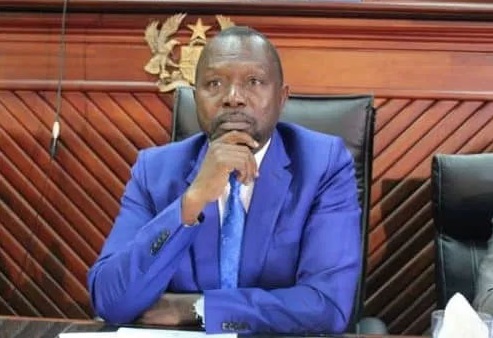
The pursuit of justice and accountability has also been central to the administration’s agenda, and Dr Dominic Ayine, Minister for Attorney General and Justice, has taken clear steps to walk that talk.
Following the president’s promise to hold former government officials accountable for misappropriation of funds, Dr. Ayine has held a press briefing to update the nation on ongoing investigations and legal actions.
His calm demeanor, deep understanding of legal intricacies, and swift responses are earning him praise both within legal circles and among ordinary Ghanaians. He is fast becoming a symbol of the president’s commitment to good governance and rule of law.
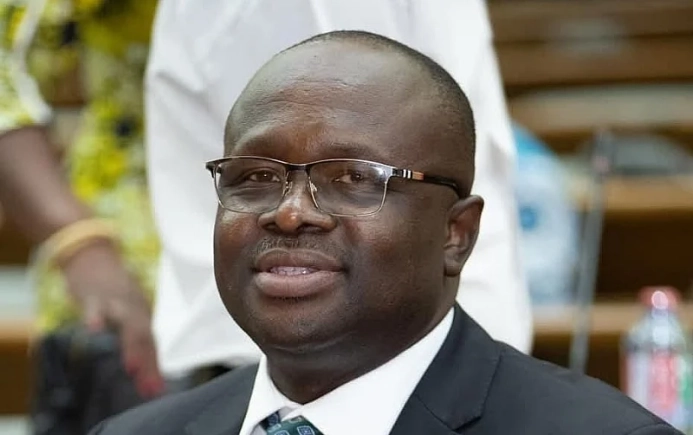
In the defense ministry, Dr Edward Omane Boamah has been steadily working to reposition the military in the fight against illegal mining.
His consistent updates on military operations, especially via his social media platforms, have given the public a rare window into the role the armed forces are playing in the national effort to reclaim our lands and rivers.
His swift move to procure food supplies for the military and his openness about the inherited food debt left by the previous administration have also been well received.
His transparency and timely communication have brought a new level of public engagement to the ministry.
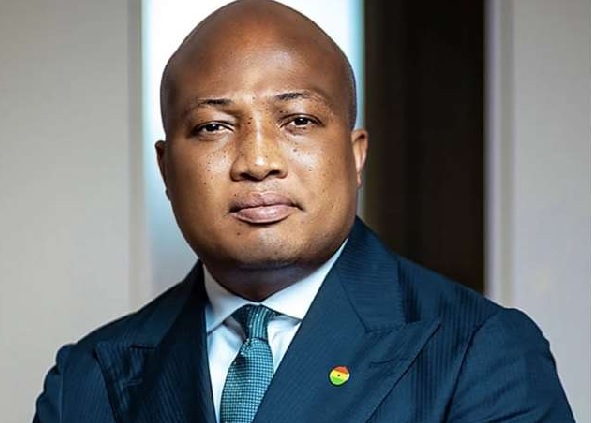
And then there is Samuel Okudzeto Ablakwa, a standout in Foreign Affairs and International cooperation. As the Minister for Foreign Affairs, the first 100 days of the Government have seen a dynamic shift in Ghana’s diplomatic posture.
He has strengthened bilateral ties, and restored a level of pride and energy in Ghana’s Foreign Missions. His engagements have been strategic, people-centred, and rooted in Ghana’s broader development goals.
Mr Okudzeto Ablakwa has also become a voice for ethical leadership, advocating for accountability, and ensuring that Ghana’s image abroad reflects the discipline and progress happening at home.
Together, these ministers have formed the backbone of the president’s early success. Their actions show a government not just committed to power, but to purpose — one that understands the urgency of the moment and the expectations of the people.
The first 100 days are only the beginning. But if this pace is maintained, and the vision remains clear, Ghanaians may well be witnessing the birth of a transformative era.
Author: Ephraim Ofori Numosuor, Financial Economist | Research & Policy Analyst: numosuorephraim@gmail.com
Telephone: 0248803710
